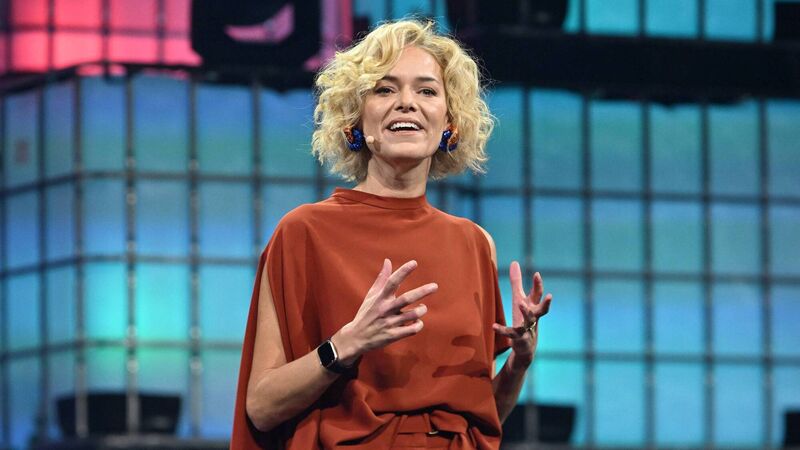Web Summit goes back to basics after controversy and boycott

Katherine Maher, new chief executive of Web Summit: Her calm nature will be a bonus, a trait her predecessor was not known for.
Booming cheers erupted in the Altice Arena at the Web Summit last Monday when newly appointed chief executive Katherine Maher asked how many people were attending the event for the first time.
Many newcomers were not deterred by the Big Tech boycott that followed the controversial comments made by former chief executive and co-founder of the event, Paddy Cosgrave on the Israel-Hamas war. There was a sense for some that the absence of industry heavyweights shifted the focus back onto early-stage companies.











